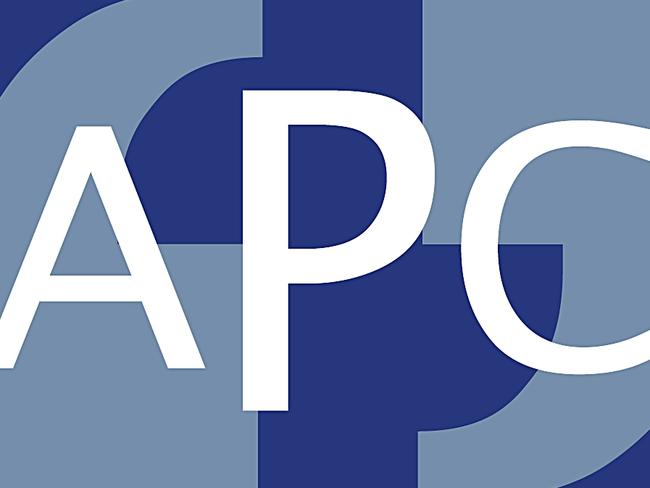Press Council Adjudication
The Press Council has found that an article about a former football player did not breach its Standards of Practice.

News
Don't miss out on the headlines from News. Followed categories will be added to My News.
The Press Council considered whether its Standards of Practice were breached by an article in The Courier-Mail on 26 May 2019 headed “Greg Inglis’ lost weekend in Brisbane mansion for Magic Round” online and “The weekend Greg forgot” in print.
The article reported on events concerning a former football player’s trip to Brisbane to attend the NRL’s Magic Round event in May 2019. It reported that the man spent the weekend “in a Brisbane riverside mansion with friends” and a named “reality TV star”, whilst his “frantic family”, “girlfriend” and football club “officials tried to find him”. The article includes a photograph of the outside of the private residence.
The article further reported the observations of a “witness staying in” the residence, stating: “It seemed to me like he [the man] wanted to escape from the world for a few days and get away from whatever pressures he was feeling”, “He was drinking beer and sort of drifting in and out of consciousness” and “I tried to talk to him a couple of times and finally convinced him to have a shower and gave him some (fresh) clothes”. The article also reported on the contents of communication apparently sent by members of the man’s family and the man’s friends to the “witness”.
The Council received a complaint from a reader and enquired through the man’s former rugby league club if the man had any views on whether the Council should or should not take a complaint forward and the club indicated no objections. The Council asked the publication to comment on whether it took reasonable steps to avoid intruding on the man’s reasonable expectations of privacy (General Principle 5) and to avoid publishing material which has been gathered by deceptive or unfair means (General Principle 7), unless doing so is sufficiently in the public interest.
The publication said that the story was in the public interest as the man is a renowned rugby league player and a community leader and role model engaged with the advancement of youth, indigenous welfare and other social issues. It also said that a full account of the man’s decisions to rehabilitate from alcohol addiction and to treat his mental illness is an important story to tell and made the article squarely in the public interest.
The publication said the man travelled to Brisbane in his capacity as a game ambassador to attend Magic Round with duties over the whole weekend. He completed press related duties on the Friday and then went missing for the next three days. It noted that the man should reasonably have anticipated there would be a significant level of public interest in his whereabouts and what occurred when he went missing.
The publication also said that, while much of article referred to events which took place in a private residence, a full report of the man’s actions were very much in the public interest and that it carefully considered all the information it received from the witness in the residence, and chose to publish only the parts it considered to be in the public interest.
CONCLUSION
The Council’s Standards of Practice applicable in this matter require publications to take reasonable steps to avoid intruding on a person’s reasonable expectations of privacy unless doing so is sufficiently in the public interest (General Principle 5) and to avoid publishing material which has been gathered by deceptive or unfair means (General Principle 7) unless doing so is sufficiently in the public interest.
The Council notes that public figures, including some current or former national sports players, can have a reduced expectation of privacy and there can also be a public interest justifying intruding on their reasonable expectations of privacy. The Council accepts that the man is a renowned player, has a very high profile and was a role model. Given the man apparently disappeared from Magic Round activities (a major public event) without warning or explanation, the Council considers that the man’s reasonable expectations of privacy were reduced and that there was a public interest in reporting the circumstances in which the man withdrew from these activities. The Council concludes that the publication took reasonable steps to avoid intruding on the man’s reasonable expectations of privacy unless justified in the public interest. Accordingly, the publication did not breach General Principle 5.
As to General Principle 7, the Council notes that the witness provided information to the publication about events that occurred inside the residence, as well as copies of communication from the man’s family and friends. However, on the information available, the Council is not satisfied that this information was gathered by deceptive or unfair means. Accordingly, the Council considers the publication did not breach General Principle 7.


